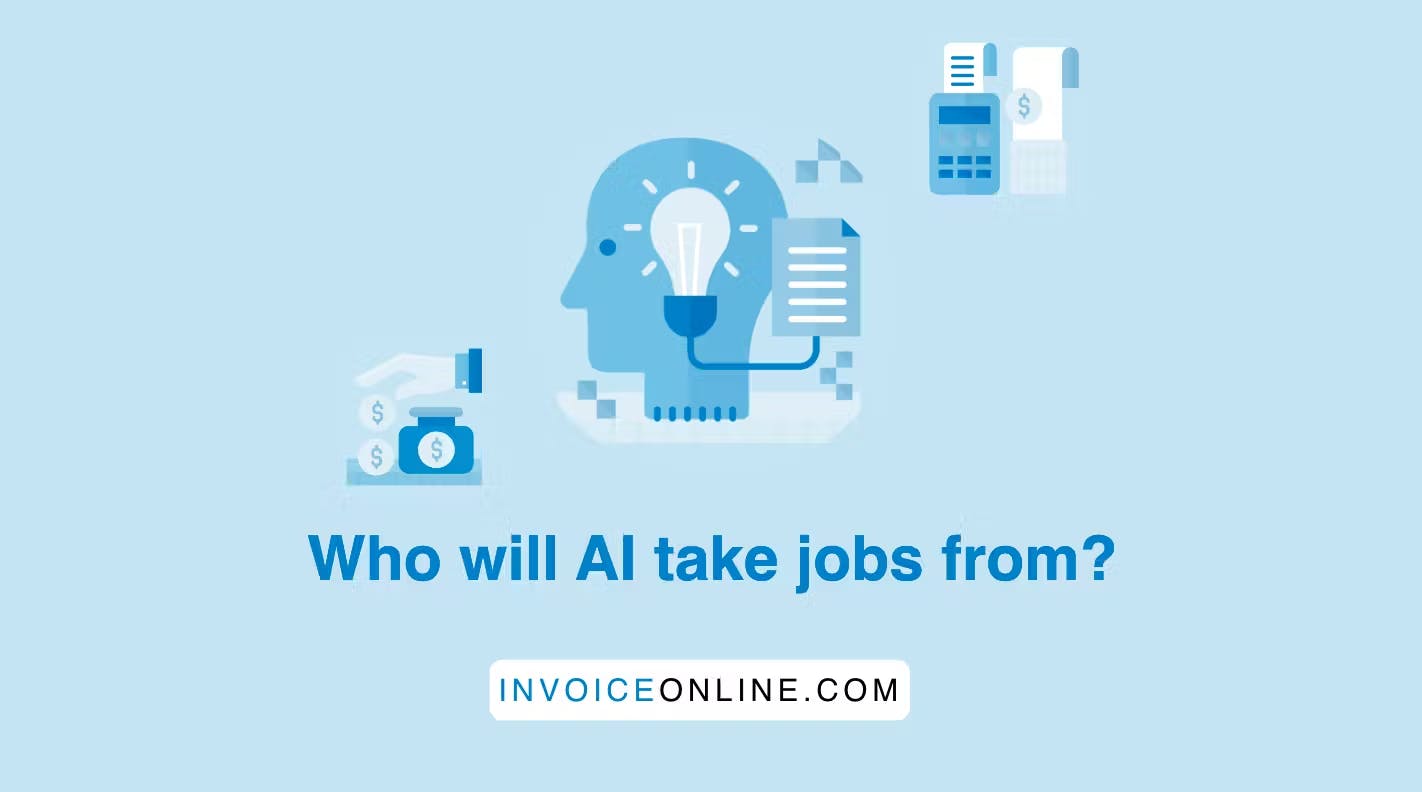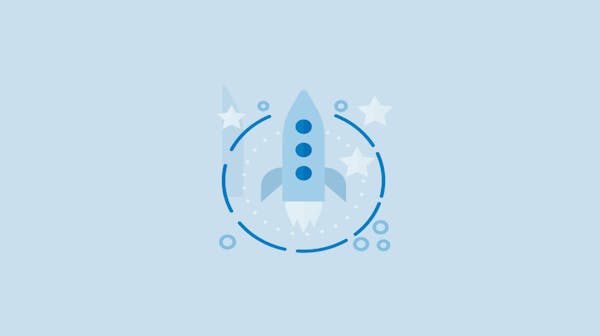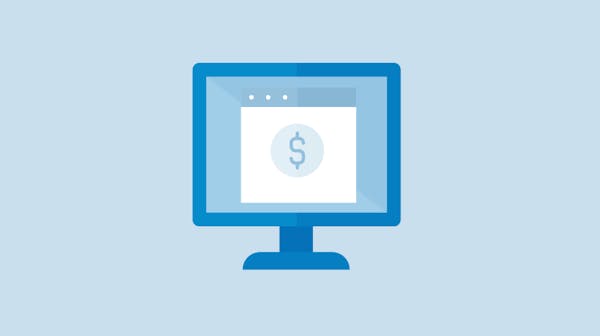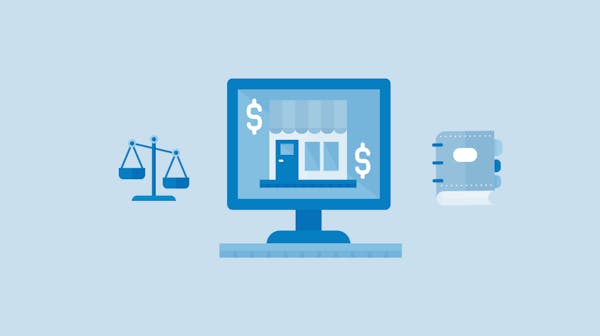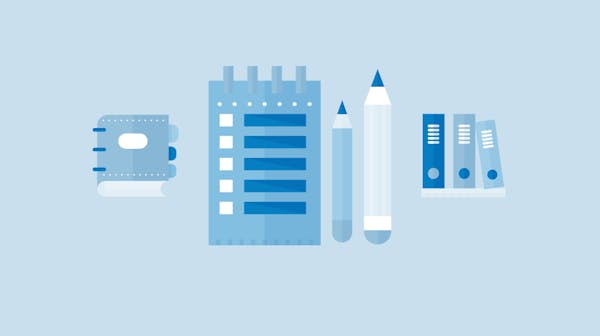Imagine a world where most of our daily tasks and job duties are carried out by machines. It's not science fiction, it's the reality of today. And it's thanks to the rapid development of artificial intelligence (AI). But who will be affected? And how to prepare?
Who did we think would lose their jobs to automation?
It was widely expected that automation and AI would first replace manual and routine jobs. Assembly lines, cashiers in stores, or truck drivers - these are all professions we have long categorized as "at risk". Today, however, we are on the threshold of a new era, where technological advances are bringing new and unexpected challenges.
Breakthroughs with ChatGPT and other generative models
Recent years have brought several significant breakthroughs in AI, especially in generative models like ChatGPT. These advanced algorithms are capable of generating content that is almost indistinguishable from what a human would write. Text, graphical designs, code - all of this can be generated by AI with such precision and speed that it takes our breath away.
All industries will be affected
No field is completely immune to the influence of AI. Although some professions may be more affected than others, no one is completely safe. Artificial intelligence is most applicable where outputs can be easily controlled. This means that jobs with clearly defined tasks and outcomes are most at risk.
The specific jobs at risk in the first place
The first wave of automation will affect creative and technical fields the most. Marketers, journalists, writers, programmers, graphic designers, and photographers are just some of the fields that are acutely at risk. Artificial intelligence is already capable of creating clear, structured content, designing graphics, and writing code. More and more companies are using AI to automate these tasks, which means the need for humans in these roles will gradually decrease.
Other industries at risk include data analysts, financial advisors, lawyers, and even medical diagnosticians. Yes, AI can already analyze vast amounts of data, interpret financial trends, analyze legal texts, and even diagnose diseases with accuracy comparable to or better than humans.
Professions at risk in the second tier
The second wave of automation will affect professions that are now considered safe. Assistants, teachers, coaches, consultants - all these roles that rely on interaction and communication with humans are also at risk. Technologies like ChatGPT can simulate conversations with people so realistically that they can replace human assistants and even teachers or coaches.
Other professions that may be at risk in the second wave include social workers, therapists, real estate agents, sales representatives, and even chefs. As artificial intelligence continues to evolve and improve, it may eventually replace a wide range of roles that we previously considered untouchable.
How to survive this challenge?
If the above worries you, we have advice for you: don't despair, adopt! Acquire skills that are difficult for artificial intelligence to master. This includes creative and critical thinking, emotional intelligence, the ability to solve complex problems, and the ability to adapt to new situations.
Stay flexible and ready to learn new skills. In today's fast-paced world, continuous learning is the key to success. Keep an eye on new technology trends and try to understand how they may affect your industry.
Finally, be open to working with artificial intelligence. AI is a tool that can make your work more productive and efficient if you use it correctly. Instead of trying to fight the unstoppable advance of technology, find ways to use it to your advantage.
Conclusion
Automation and artificial intelligence are here and they will affect every industry, every profession. This is an irrefutable fact. But you don't have to worry about it. With the right skills, flexibility, and adaptability, you can not only survive but thrive in this new era.
Don't be caught off guard. Don't wait for the wave of automation to hit you. Prepare for it now. Your future is in your hands, so let's seize the opportunities that new technologies bring us instead of trying to avoid them.
The development of artificial intelligence is rapid, but you can be fast too. Don't get left behind!
